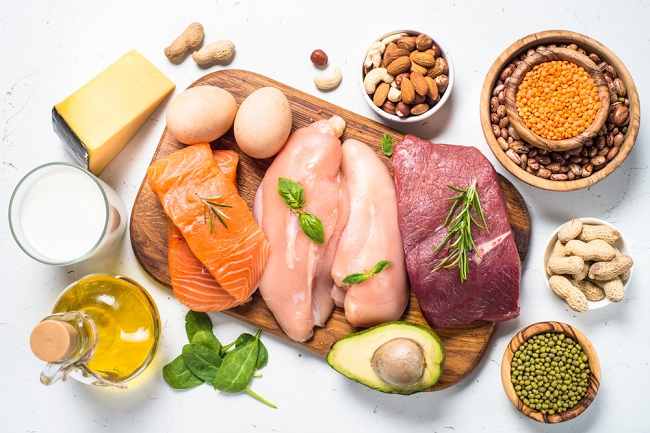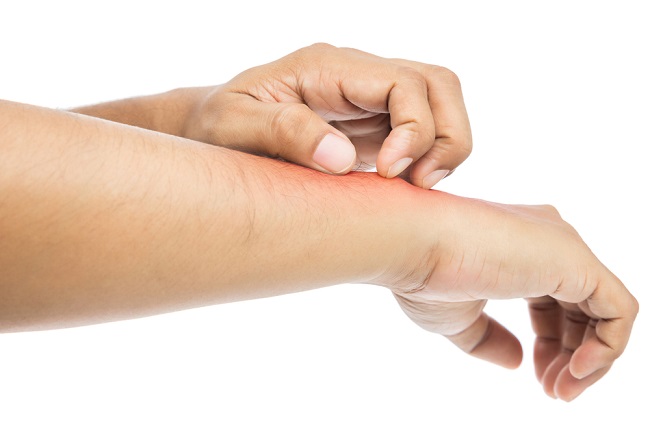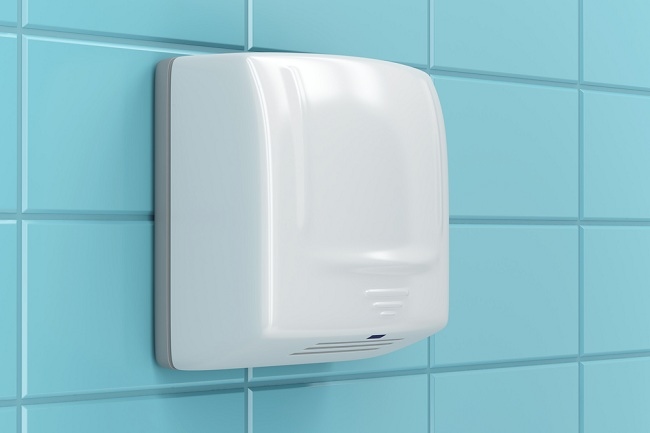Energy drinks circulating in the market are described as drinks that can generate energy and enthusiasm. However, you should know first what is an energy drink and the effectforbody.
Energy drinks are types of drinks that contain large amounts of stimulant substances such as caffeine, the amino acid taurine, added sugar or sweeteners, and additives. This drink is usually consumed to provide extra energy to the body.

This drink can indeed increase productivity and concentration power so as to facilitate the work or daily activities of people who drink it. However, if consumed in excess, energy drinks can actually have a dangerous impact on the health of the body.
Energy Drink Content and Effects
Most energy drinks sold in the market contain caffeine as a stimulant or a substance that can stimulate the activity of the brain and nervous system of the body. These substances can also make the body feel more energetic.
However, the caffeine content in most energy drinks is generally quite high, which is around 160-300 milligrams per package. This amount can even reach 3-5 times the amount of caffeine in a cup of coffee or tea.
Ideally, the limit for caffeine intake for healthy adults is 400 milligrams per day. Not only that, energy drinks also generally contain very high sugar, which is around 40 grams. That is why energy drinks are advised not to be consumed in excess.
In addition, energy drinks have not been proven safe for consumption by children, adolescents, pregnant women, and breastfeeding mothers.
To reduce the risk of health problems due to consumption of energy drinks, you should avoid consuming too much or often consuming this one drink.
If energy drinks are consumed too often or in excess, you can experience the following side effects:
- You will feel dependent to continue consuming caffeine. If consumption is stopped suddenly, you may experience several symptoms, such as restlessness, headaches, bad mood, anxiety, and difficulty concentrating.
- Excess doses of caffeine can trigger a variety of symptoms, ranging from insomnia, anxiety, diarrhea, fever, frequent urination or bowel movements, too fast heartbeat or chest palpitations, to seizures.
- High levels of caffeine and sugar can interfere with the performance of the insulin hormone, making it difficult to control blood sugar. Over time, this can increase the risk of developing type 2 diabetes.
- Excess caffeine and sugar can increase blood pressure. This makes energy drinks at risk of causing hypertension, heart disease, and obesity, if consumed in excess.
Energy Source Options yHealthier
If you often consume energy drinks to generate energy, you should limit your daily consumption so as not to experience harmful side effects. Instead, you can choose healthier energy-boosting foods or drinks, such as:
- Foods that contain carbohydrates and protein, such as rice, eggs, fish, meat, cheese, milk, yogurt, nuts, and seeds
- Foods rich in vitamins and minerals, such as yogurt, vegetables, fruits, and nuts
- Water
In addition, you also need to balance a healthy diet with regular exercise. Exercise can improve the body's metabolism and increase levels of the hormones serotonin and endorphins, so you can be more energetic.
If you want to buy an energy drink, it is advisable to always check the ingredients listed on the packaging first. This can help you prevent the side effects of energy drinks that may be caused.
In addition, to be on the safe side, you are also advised not to mix energy drinks with drinks that contain alcohol. You should also limit other caffeinated drinks, such as coffee, tea, and chocolate, when consuming caffeinated beverages.
If you already feel dependent on energy drinks or experience side effects after consuming them, you should immediately stop consuming these drinks and don't hesitate to consult a doctor.









